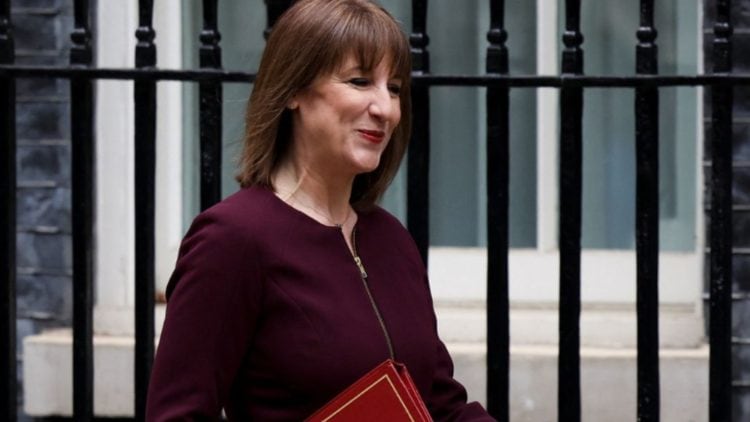Rachel Reeves has big plans for the UK’s future. She says Labour was elected to “bring change to our country, provide security for working people and deliver a decade of national renewal.” But the latest proposals? Well, they’re stirring up a bit of a storm.
💰 Tax burden hits record high
The Office for Budget Responsibility has slashed its growth forecast from 2% to just 1%. Meanwhile, the tax burden is soaring to a record high. As if that wasn’t enough, the Chancellor confirmed that welfare spending will fall between 2026 and 2027.
🏛️ The controversy unfolds
Protests broke out outside Downing Street as the plans were announced. The big news? Welfare cuts. According to Ms Reeves, these cuts are expected to save £4.8 billion from the welfare budget. However, the cuts are expected to have a major impact on poverty levels.
She explained: “The OBR estimate the package will save £4.8bn in the welfare budget, based on their judgement of behavioural effects and wider factors.” This package includes cuts to the Universal Credit Health element and an increase in the Universal Credit Standard Allowance from £92 a week in 2025 to £106 by 2029.
📉 Poverty numbers on the rise
Here’s where it gets concerning. The Department for Work and Pensions (DWP) says the benefit cuts will push 250,000 people into poverty, including 50,000 children. That’s a huge impact.
The government’s impact assessment stated: “We estimate there will be an additional 250,000 people in relative poverty after housing costs by 2029/30 as a result of these changes.”
⚖️ The bottom line
The welfare cuts may sound like a necessary step in the government’s plan to reduce spending, but the consequences are serious. With an additional 250,000 people facing poverty, many will be left wondering whether the cost is worth it.
Reactions
1.
2.
3.
4.
5.
6.
7.
8.
9.
10.
11.
12.
13.
Or indeed this?
Related: Spring Statement 2025: Key takeaways without the jargon







